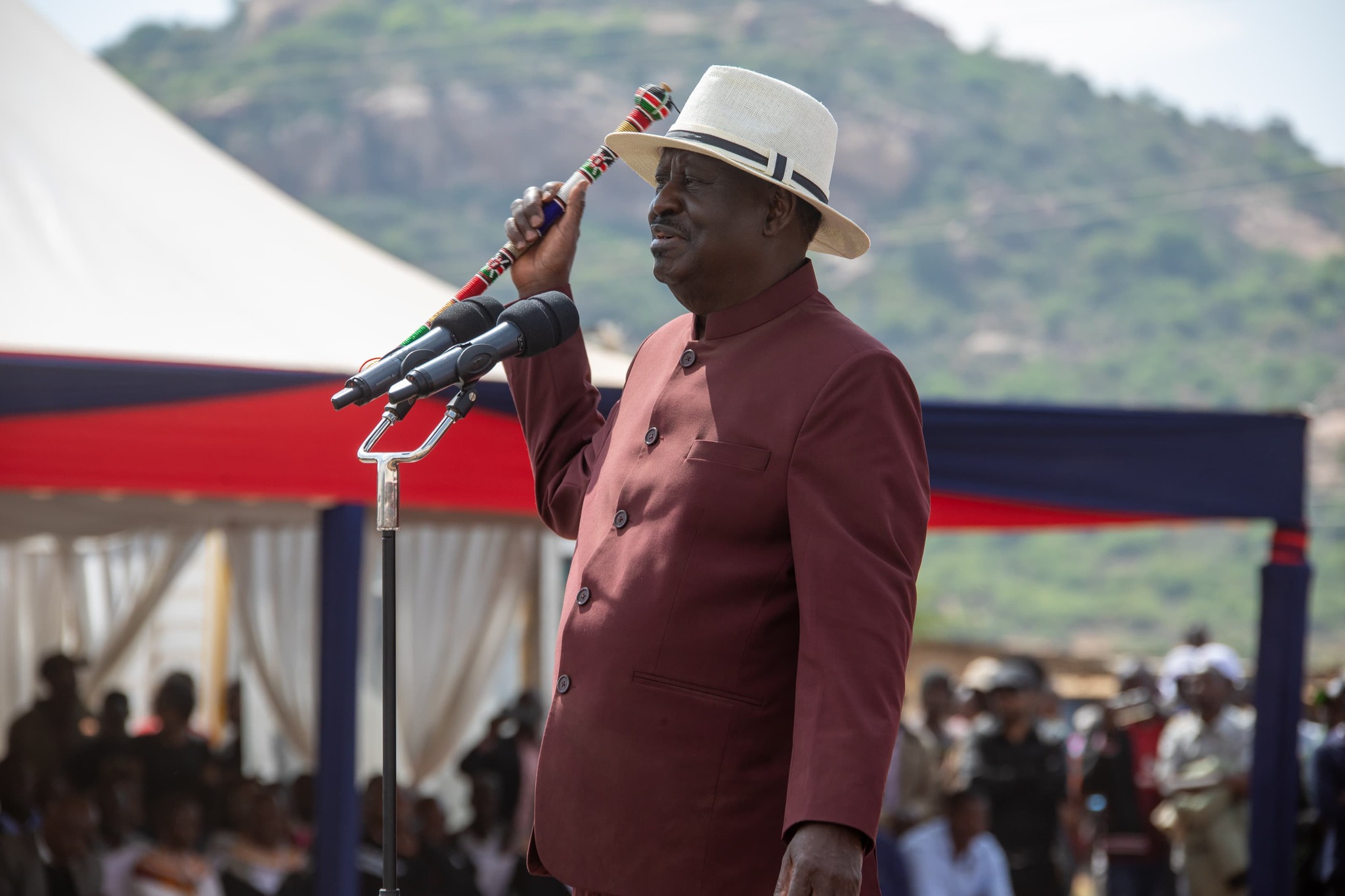
Human-Wildlife conflict. How can Africa ensure peaceful co-existence?

Human-Wildlife conflict has been a huge menace in many African countries, and is a contributor to the depletion of wild animals around the continent.
Kenya for instance, has had more than one incident where lions entered the capital Nairobi, injuring people and causing wide-spread panic. In one incident, the lion was shot dead by rangers after it attacked some locals in the area where it wandered into.
Experts are confident that peace can be restored, but only if two things happen. First, African governments should inject more energies into tackling the devastating poaching effects. Second, the ecotourism industry, which has historically benefited only a few, must be transformed so that its profits reach a larger segment of the population, winning allies for wildlife from among Africa’s villagers, who often clash with the animals.
Conflicts between humans and wildlife continue to be reported all around the world, and if something is not done soon enough, the problem will persist. Something ought to be done to ensure peaceful co-existence between the two.
Environmental changes are majorly to blame for the persistent conflicts. The changes in weather and climate, added to the increased domestic animals ownership, means wild animals in the rural regions are squeezed into smaller sections, which when out of adequate food and water sources, are forced to invade the human lands.
Also, with the increasing modernization, humans continue to expand into lands originally occupied by wild animals, leaving the animals with little options but to fight for their lives.
This way, the wild animals attack domestic animals, trample crops and houses, and at times even kill humans.
In retaliation, humans have been reported to hunt down the wild animals, killing them indiscriminately, to save their own and protect their livelihoods.
One of the best ways to ensure peaceful co-existence between humans and wild animals is education on the value of wildlife.
Africans particularly do not know the worth of their wildlife, and their contribution to the economy.
This education would however be useless without the locals feeling a direct impact of the same. If the gains from wildlife conservancy do not reach the locals, they will never appreciate them in anyway. Rather, they will continue waiting for any slight opportunity to kill the elephants that stamp their crops or the leopards that kill their goats.
And while innovations continue to sprout on how to keep the wild animals from wandering into human habitats, education remains the most powerful tool to hit that achievement.






